Copyright Peter Hore, 2015
First published in Great Britain in 2015 by
Seaforth Publishing
An imprint of Pen & Sword Books Ltd
47 Church Street, Barnsley
South Yorkshire S70 2AS
www.seaforthpublishing.com
Email
British Library Cataloguing in Publication Data
A catalogue record for this book is available from the British Library
ISBN: 978 1 84832 779 5
EPUB ISBN: 978 1 84832 356 8
PRC ISBN: 978 1 84832 355 1
All rights reserved. No part of this publication may be reproduced or transmitted in any form or by any means, electronic or mechanical, including photocopying, recording, or any information storage and retrieval system, without prior permission in writing of both the copyright owners and the above publisher.
The right of the contributors to be identified as the authors of this work has been asserted by them in accordance with the Copyright,
Designs and Patents Act 1988.
Designed by David Rose
Printed by Printworks Global Ltd,
London/Hong Kong
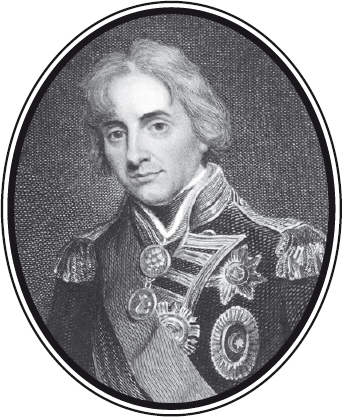
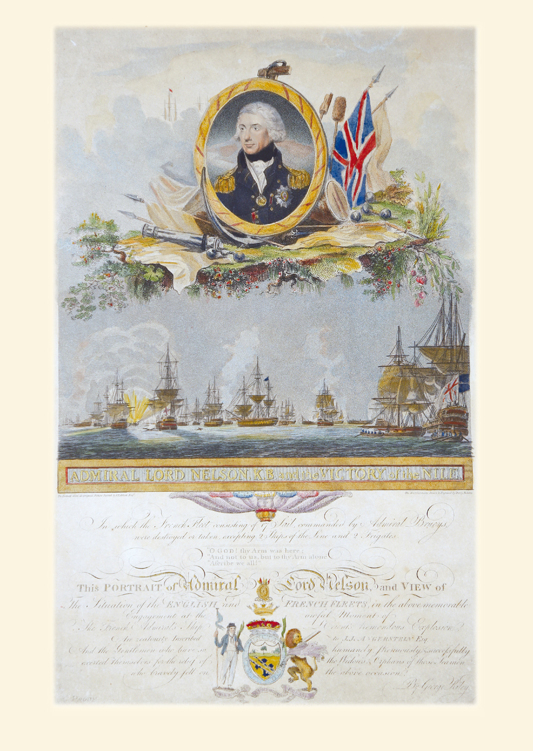
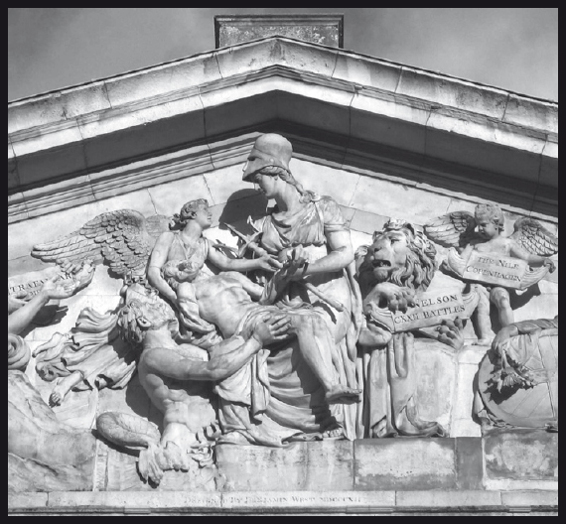
 Contents
Contents 
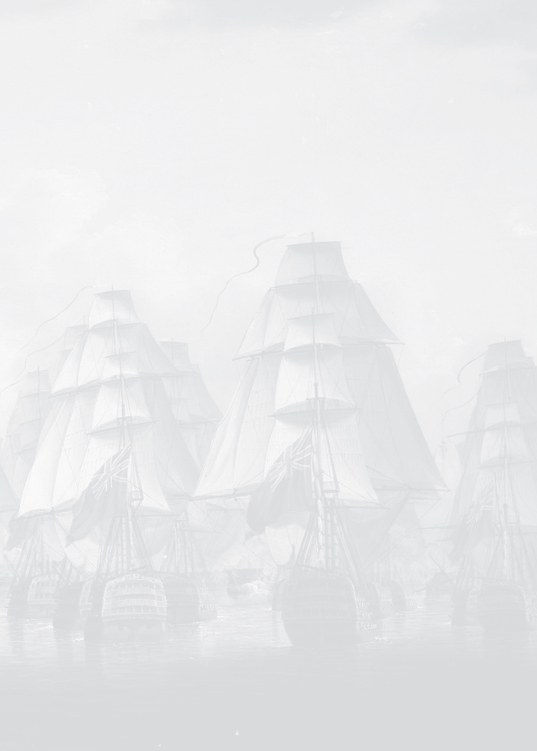
 Map of Memorials
Map of Memorials 
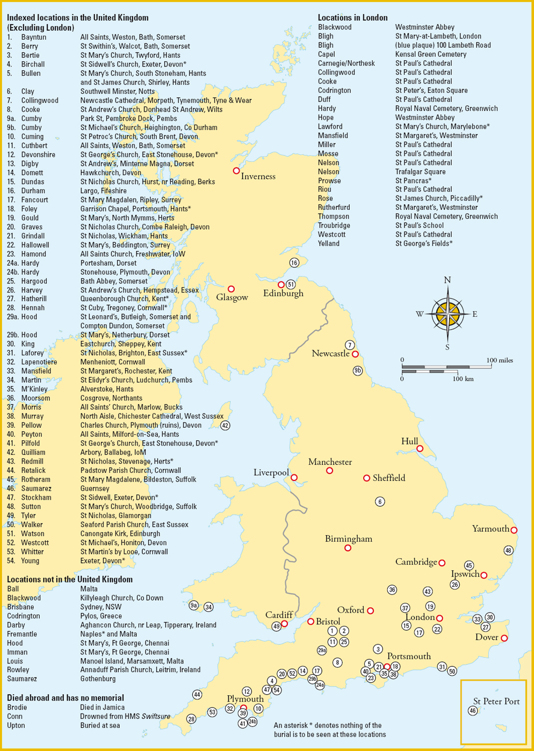
 Foreword
Foreword 
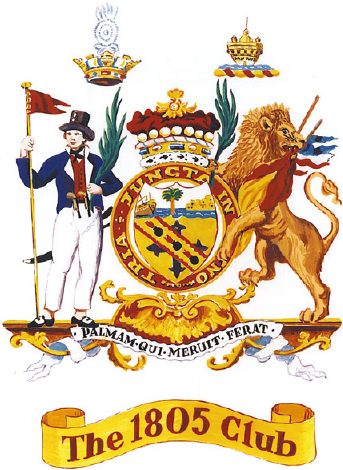
A s president of the 1805 Club I welcome the opportunity to write the foreword to a new edition of Nelsons Band of Brothers whose illustrations have been sponsored by the club. The club has grown steadily in academic credibility since the bicentenary of the Battle of Trafalgar in 2005. The clubs flagship is its annual publication, the Trafalgar Chronicle, to which experts and enthusiasts each year contribute their eclectic and quintessential knowledge of the age of sail and in particular of the Georgian Navy. In this vein and following on from the publication in 2005 of Nelsons Trafalgar Captains, the club is pleased to support the publication of Nelsons Band of Brothers.
This new volume comprehensively covers all those officers who commanded ships or squadrons of the fleets which fought under Nelsons tactical control at his three great sea battles. Under the editorship of Captain Peter Hore, Nelsons Band of Brothers has been an international effort, featuring contributors from Canada, Britain, Germany, Gibraltar, Malta, Spain, Sweden and the USA. Included among the contributors are both established subject-authors and novice writers who have researched their subjects, and uniquely for a volume of this sort, some ten contributors are descendants of men who fought under Nelson. Many of the subjects have entries in the Oxford Dictionary of National Biography, and size alone has prevented there being entries in this volume on all the brothers in detail comparable to the Oxford DNB. Nevertheless the opportunity has been taken to correct historical inaccuracies, and the contributors have tried to emphasise the incidents and the displays of character which at once unified, distinguished and separated Nelsons Band of Brothers one from another.
I congratulate the editor and the contributors on the publication of this volume in 2015, which also marks the bicentenary victory of sea power at the end of the Great War 17921815 and heralded in the Pax Britannica which endured for the next century.

Jonathon Band
Admiral
President of the 1805 Club
 Nelson and the Band of Brothers
Nelson and the Band of Brothers 
V ice-Admiral Lord Nelson was exceptional, not just for his strategic thinking and tactical flair, but for his leadership. He possessed the gift of drawing out the best from people. He trusted them and they in return resolved not to let him down. The appeal of this affectionate, fascinating little fellow, his personal charm and charisma, combined with some of the faults of ordinary men, which paradoxically made him more accessible, was irresistible. Nelson was deified after his death in battle, his name became synonymous with the success of the Royal Navy, and two hundred years later he remains one of the most famous of all Britons. While hundreds of books have been written about him, there is comparatively little about most of his contemporaries, and yet it would be a mistake to isolate him from the system which was the Royal Navy, the most sophisticated administrative enterprise and largest industrial complex in the world.
It was never Nelsons Navy: it produced him and he became its most prodigious chieftain. Nelson was the first to recognise that his astounding achievements at sea and in battle were only possible through the part played by his officers and men and especially his fellow captains, the Band of Brothers whom he had the happiness to command. They formed an elite, so much so that when Lord Barham, First Lord of the Admiralty in 1805, invited Nelson to choose his captains, Nelson is alleged to have replied, Choose yourself, my lord. The same spirit actuates the whole profession; you cannot choose wrong.
The phrase band of brothers comes, of course, from the Kings speech on the night before Agincourt in William Shakespeares Henry V. Specifically Nelson used it to refer to those captains who had fought under his command at the Battle of the Nile (before that they were known as the fire-eaters), but Nelson at other times used similar expressions. For example, after the Battle of Copenhagen he told the Duke of Clarence, It was my good fortune to command such a very distinguishd set of fine fellows. And off Cadiz in 1805 he referred to the best-disposed fleet of friends. Even Admiral Lord St Vincent, not known for hyperbole in his prose, wrote about the elite of the Navy of England, and of Nelsons gallant train of heroes. Each time they were, of course, referring to a specific group of people in the context of a battle, but they were able to do so because there was a community of men who, though from different backgrounds, shared similar experiences, motivation and aims. Consequently, in this volume I have no qualms in taking Nelsons Band of Brothers to encompass all those admirals, captains, commanders and lieutenants who fought under Nelsons tactical command at his three great battles.
The defining words tactical command have been carefully chosen, because that excludes Hyde Parkers squadron which did not participate in the fighting on 2 April 1801, and it does not include Thomas Louiss squadron, Pulteney Malcolms
Next page
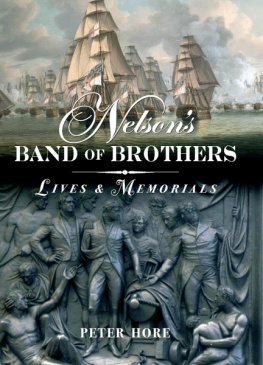
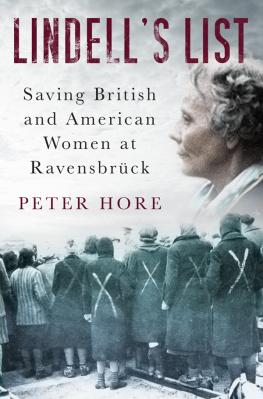

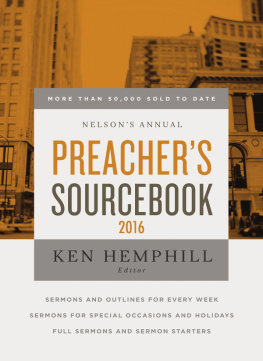
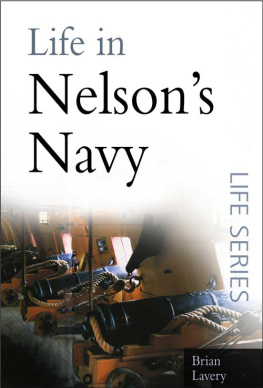

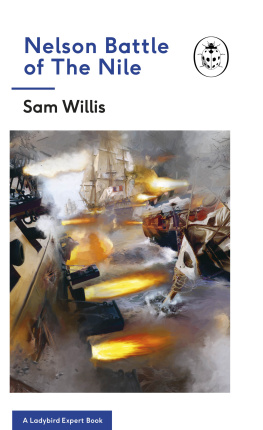

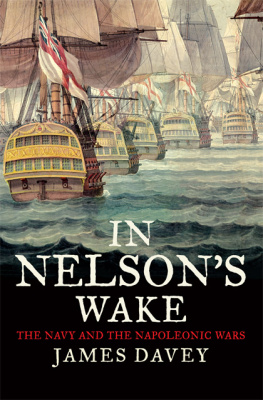
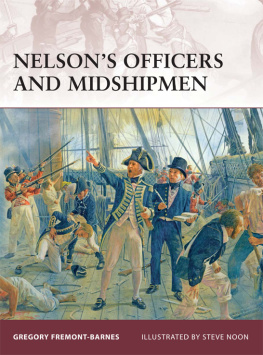




 Contents
Contents 

 Map of Memorials
Map of Memorials 



 Nelson and the Band of Brothers
Nelson and the Band of Brothers 